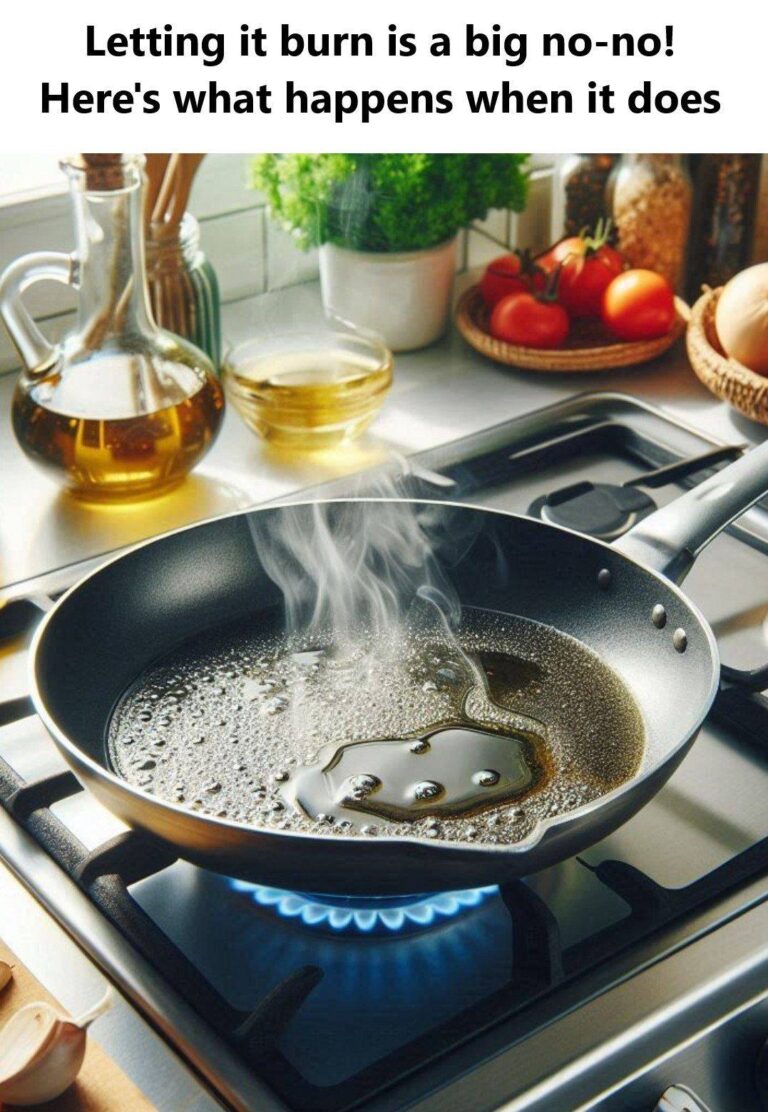ADVERTISEMENT
Safety Risks of Burning Olive Oil
The dangers of burning olive oil go beyond just flavor. When it hits its smoke point, it starts releasing harmful fumes, including acrolein, which can irritate your lungs. If you’ve ever accidentally inhaled the smoke from burnt oil, you’ll know how unpleasant it is. Prolonged exposure can lead to respiratory discomfort, and in some cases, if the oil gets too hot, it could ignite, potentially causing a fire. Simply put, burning olive oil isn’t just a culinary misstep—it’s also a safety hazard.
How to Prevent Olive Oil From Burning
Now that you know the risks of burning olive oil, here’s how to avoid it. The most important step is to control the heat. Olive oil is best used on medium heat when sautéing or frying. If your recipe requires a higher temperature, consider switching to oils with a higher smoke point, like avocado or peanut oil, which are better suited for high-heat cooking.
Another key tip is to always preheat your pan before adding olive oil. This helps the oil heat more evenly, reducing the risk of it burning. When the oil starts to shimmer slightly, it’s ready for cooking—there’s no need to let it get any hotter. And most importantly, never leave your pan unattended while cooking with olive oil. Keeping an eye on your oil ensures it stays at the right temperature and prevents your meal (and kitchen) from going up in smoke!
By following these steps, you’ll preserve the rich flavor and health benefits of olive oil while keeping your meals safe and delicious.
ADVERTISEMENT
